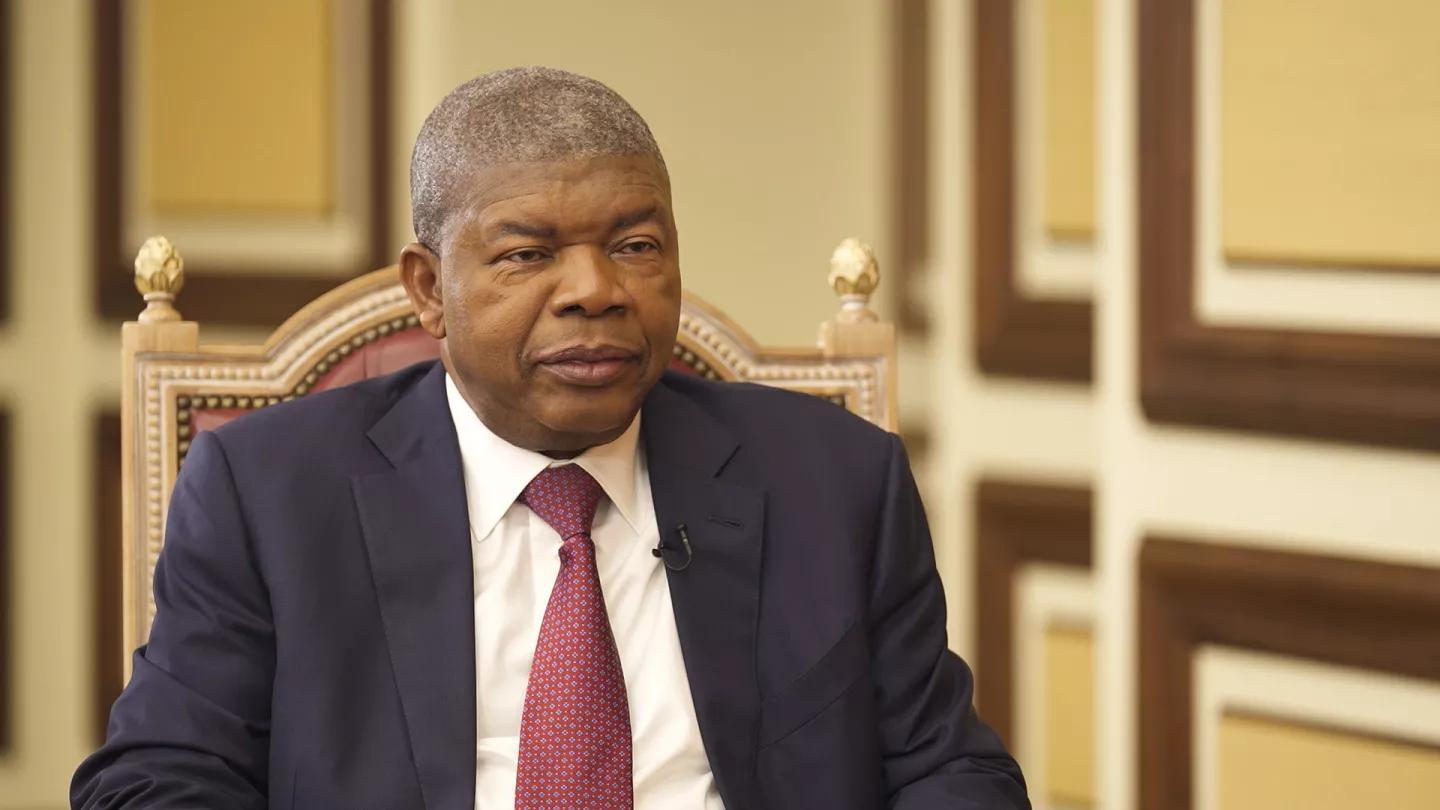Africa-Press – Angola. Angola Head of State João Lourenço on Tuesday in Luanda said that Angola is closely monitoring the new Portuguese immigration bill, although he has not yet made any statement on the matter.
In an interview with CNN Portugal, the Angolan statesman spoke about issues within the scope of bilateral relations and the internal dynamics of the Community of Portuguese Speaking Countries (CPLP), having acknowledged that the issues has caused concern, especially after Brazil was the first country to express its discontent.
“Countries are sovereign, they have their own immigration policies. Each country only welcomes into its home those it wants. No one can impose this. But we should not stray too far from international practice either”, the president.
João Lourenço emphasized that Portugal is historically a country of emigration and that, for this reason, it should not forget how its citizens were welcomed in various parts of the world.
“Portugal’s past is closely linked to emigration. They went to Europe, Latin America, and Africa. The least we can demand is that Portugal not treat the immigrants who chose the country as their destination worse than the Portuguese were treated in the countries that welcomed them”, Lourenço said.
When asked if the topic will be addressed during his visit to Portugal next weekend, João Lourenço said that “I think so. Not only because Angola has immigrants in Portugal, but also because, as acting President of the African Union (AU), I feel that I must speak for Africans in general”, he said, noting that there are many African citizens of different nationalities living in that country.
CPLP needs to preserve the pillar regarding the free movement
In the context of the CPLP, the Angolan President emphasized that the idea of free movement of people is an essential pillar of the community, and that member states must work to avoid setbacks.
“It is our obligation, as member states of the CPLP, including Portugal, to do everything possible to prevent this from happening. We will work together to prevent this great community project from falling apart”, he said.
Absences at last CPLP summit
Regarding the last CPLP summit, João Lourenço dismissed the hypothesis that the absences of the leaders of Angola, Portugal, and Brazil were directly linked to the new bill.
“I do not believe that it was the reason. The heads of state have very busy schedules. There were not many who were absent, there were three. Each had their own reasons. Often, we do not even have to explain”, he informed.
The president said that Angola was represented at the summit and that it is common for a country to be present even without the direct participation of the Head of State.
“The important thing is the country. The country was there. It would be good if the President was there, but when it is not possible, there is representation. It is normal,” he concluded.
Regarding the bill
The Portuguese National Assembly has approved a set of amendments to the Immigration Law, which aim to strengthen the entry and residence criteria for foreign citizens in the country.
Among the main changes are restrictions on family reunification and the imposition of stricter rules for granting residence visas, particularly for work-related or humanitarian reasons.
The new measures, which are still awaiting approval by the President of the Republic, Marcelo Rebelo de Sousa, were proposed by the government led by Luis Montenegro.
It has been justified as a legal revision with the need to reorganize migration flows and correct deficiencies in the immigration application management system, especially after the dissolution of the Immigration and Mobility Agency (AIMA), which has been criticized for its inefficiency and slowness.
The draft law imposes stricter requirements for the entry and legalization of immigrants, as Portugal faces international pressure related to housing, employment, and public services, and seeks to control the significant increase in pending applications.
Among the groups most affected by the new legislation are Brazilian citizens, who represent the largest foreign community residing in Portugal, with over 400,000 officially registered individuals, according to data from the Immigration and Borders Service (SEF).
The changes may also impact citizens of the CPLP member countries, including Angolans, Mozambicans, Guineans, and Cabo Verdeans, especially in terms of Mobility Agreement between Community Member States.
The legislative reforms have raised concerns in the Portuguese-speaking world, particularly due to the potential impact on the principle of free movement of people, considered one of the pillars of the CPLP.
For More News And Analysis About Angola Follow Africa-Press






